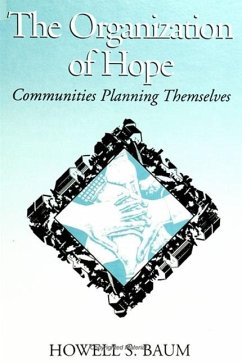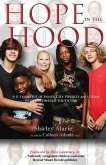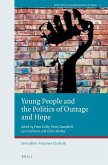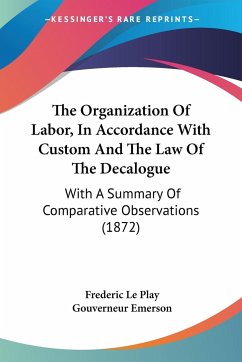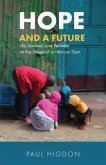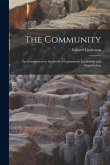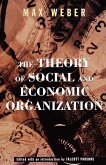Analyzes the future of urban communities and presents models for community planning, taking into account different classes, ethnicities, and cultures. The Organization of Hope tells the stories of a Jewish community and a white ethnic community as they plan for their futures. Though they differ in class, ethnicity, and culture, they struggle with the same questions: What identity will hold their communities together? How can they plan for their communities' economic, social, and spiritual survival? The book analyzes the future of urban communities, and presents models for community planning. "In this book, Baum is our own American de Tocqueville who sees nuance, conflict, ambivalence, and value clashes at every community level. If things are not what they seem -- or what we would ideologically like them to be -- they are in Baum's hands sadly, even tragically, real. Though we still do not know exactly what 'community' is, the fact that people yearn for it suffices to make the subject compelling and the last words of the book emotionally as well as intellectually lasting. The book is in a class by itself". -- Howard F. Stern, University of Oklahoma "Baum's work describes how one of the central cultural ambiguities and tensions in our society -- community attachment and individual autonomy -- plays itself out in the effort to purposely organize and plan community activity. He takes the reader beyond the dualistic concept of community that often accompanies our current ambivalence and uses details of the cases to show individuals collaborate in different ways to make the boundaries, define the membership, and manage the resources of the community.
Hinweis: Dieser Artikel kann nur an eine deutsche Lieferadresse ausgeliefert werden.
Hinweis: Dieser Artikel kann nur an eine deutsche Lieferadresse ausgeliefert werden.

